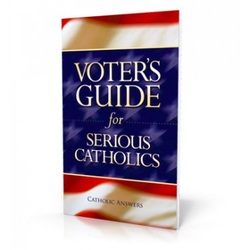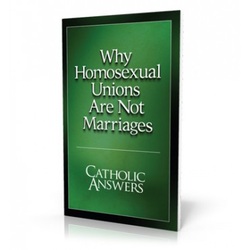
In the parish, people generally don’t come to the priest until they have a problem, and most of those problems are marriage problems. Some couples come with strong faith in God and solid hope for their marriages. Most, however, come for the last rites. Usually they’ve been living a “married singles” lifestyle for years before I see them. I would ask: “Do you pray the rosary together?” No, father, we don’t know how. “Do you attend Mass on Sundays?” No, father, we haven’t gone to Mass for years. “Are you contracepting?” Not anymore—we don’t sleep in the same bed. “Have you seen a counselor?” No, father, it’s too late for that. I felt like asking them sternly why they disregarded the Church’s precepts, and why they ignored her wisdom, and why they didn’t come to a priest sooner. But all I could do is comfort them as their marriage broke apart, and as they entered into the dreary and painful desert of the divorced. They could still be saints, if they faced the ongoing trauma of custody battles, financial crises, and darksome loneliness by turning to God in prayer. Many do become saints precisely through the tragedies of divorce, in the way that widows and widowers turn to God. Nevertheless, “preparing people for divorce” greatly pains and discourages the parish priest.
In the College, on the other hand, most of the people I serve are under 21. They are too young to drink, but not too young to prepare for lifelong marriage. Courtship at the two dozen or so serious Catholic colleges in the United States is a major occupation, and rightly so. Not only does College afford them intellectual, social, and spiritual formation—it affords an unprecedented pool of faithful and marriageable Catholics. Interestingly, a significant percentage of students at these colleges have been called to the consecrated state. But living with authentically beautiful men and women anneals their call to virginity for the sake of the kingdom. For the rest, those called to the married state, a lifetime of happy marriage awaits them. They have only to follow the rules. They prepare for marriage by learning to pray alone and together, by sharpening their minds and their bodies for the contests ahead, and by assimilating the patrimonies of art and science. No one expects perfect happiness in their marriages, and they know grave marriage problems are always possible. But the smiles and lightness of foot among these couples lift us all up.
In the parish, a priest can come to resent marriage preparation. Precious few engaged couples take their faith as seriously as they must to avoid divorce. As we witness their vows, we wonder how many will file for divorce within the decade. In the college, however, I have rediscovered the joy of marriage preparation. These young couples—witnesses to purity and joy—have restored my confidence in marriage. If we have despaired of the very nature of marriage (as is evident in the ludicrous push for homosexual “marriage”), we need look no further than these young people to be reassured.
Resources: For those in courtship, I recommend Steve Woods’ The ABC’s of Choosing a Good Husband or The ABC's of Choosing a Good Wife, as well as a CD set by Steve Woods called Catholic Courtship - A Challenge to Teens & Twenties. If you are engaged, there is Kimberly Hahn’s Life-Giving Love: Embracing God's Beautiful Design for Marriage. If you are having difficulties in your marriage, I recommend Michael McManus’ Marriage Savers: Helping Your Friends and Family Avoid Divorce.





 RSS Feed
RSS Feed